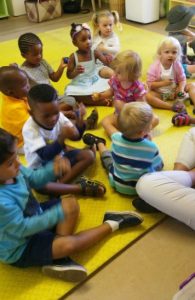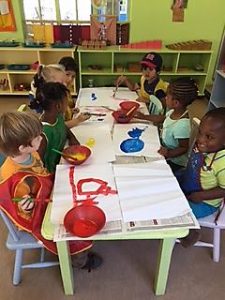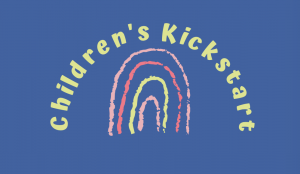Written by Julia Gorham
One of the first challenges that parents have to face is whether to send their children to a Playgroup or to leave them at home with Child Carers.
Benefits of sending your child to a Playgroup:
- Becomes more independent, building of confidence and able to deal with separation .
- Learns to stand on his/her own feet.
- Learns to handle conflicts.
- Breaks co-dependency on the care giver.
- Grows in self esteem.
- Learns relationship skills and life skills,
- Interacts with other children. Learns how to share, take turns etc.
- Learns to handle change.
- Exposure to stimulating learning materials.
- School readiness skills.
- Develops learns new skills.
- Discovers own strength and increases confidence.
- Termly assessments on your child’s emotional, intellectual grow and fine motor development.
- Discovers their own interests.
- Daily participation in fine, gross, sensory, art and cognitive activities.
- Participation in the school’s extra murals.
- Learns social graces with others.
- Participation with songs, story time, dancing, music, facts about weekly themes, circle time and developing a good routine.
Drawbacks of not sending your child to a Playgroup:
 Does not learn to interact or make friends.
Does not learn to interact or make friends.- Stays protected at home and do not learn about life.
- Slower development of self.
- Future resistance to change.
- Not prepared to handle conflict.
- Does not grow mentally.
- Growth in self-esteem is stunted.
- Does not learn to share, co-operate within a group or follow instructions from other adults
- Not exposed to stimulating planned activities.
- Because the child is in a protected environment, the child has a limited opportunity to grow his/her own independence.
- Limited exposure to learn and accept different cultures.
- Plays less.
- Experiences life mainly inside the safety of the home environment.
- Limits child’s interests.
- Has less role models.
- Minimises child’s own potential.
- Unlimited exposure to negotiate with his/her peers.
- Limited interaction with the opposite sex.
- Do not take part in concerts, extra murals etc.
- Only develops their intelligence in certain areas.
- Remains placed in “cotton wool” and not placed in the real world with exposure to different experiences.




